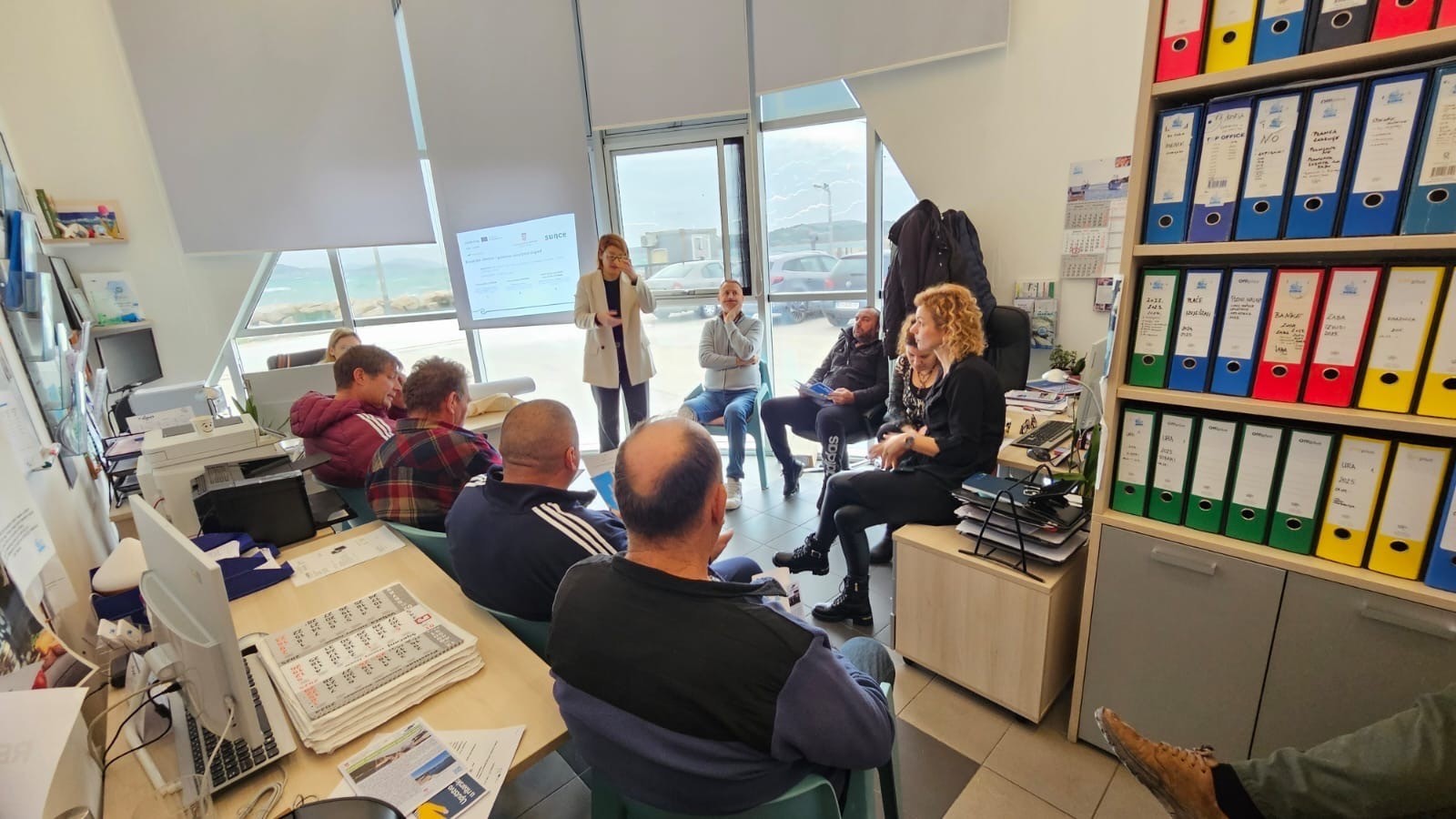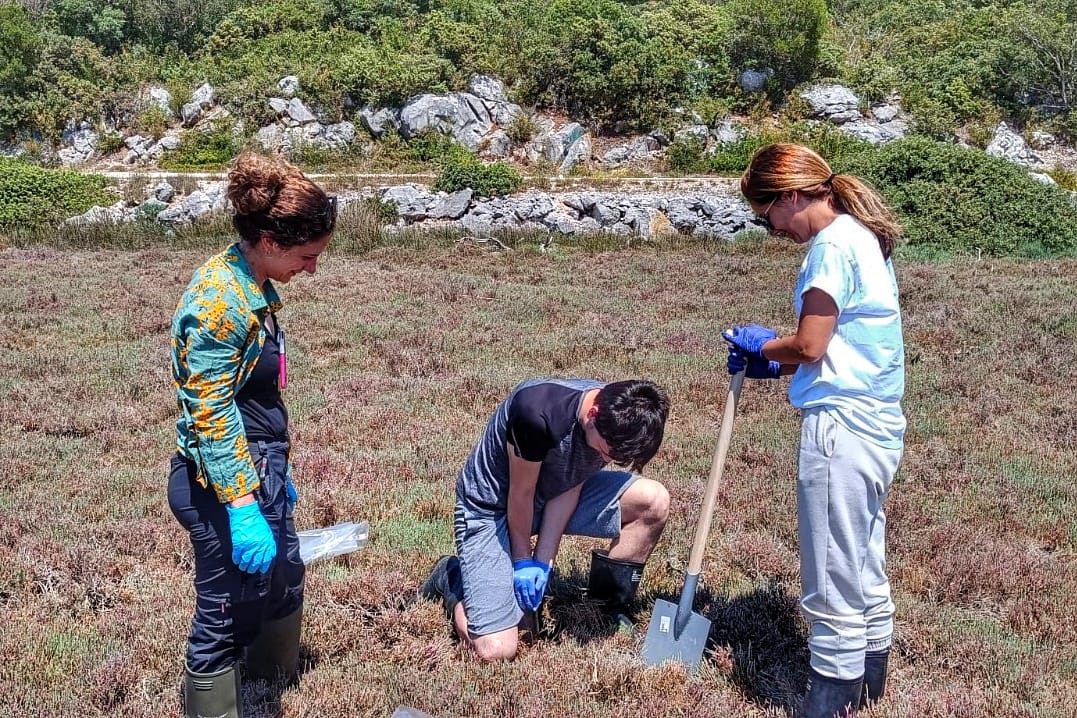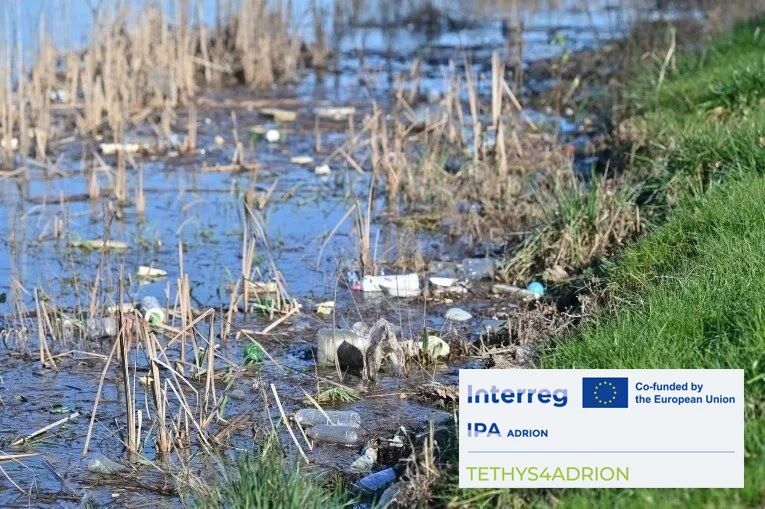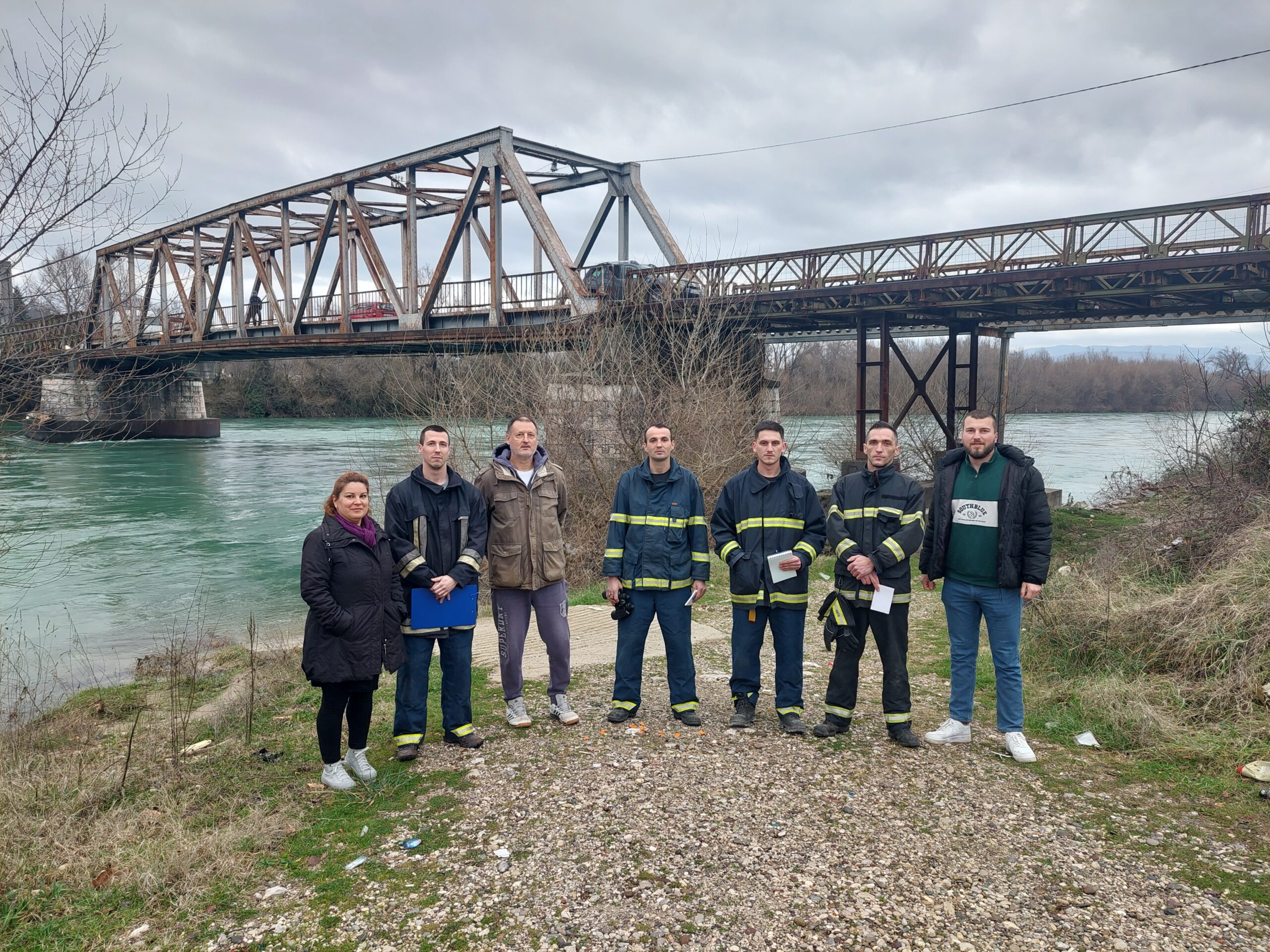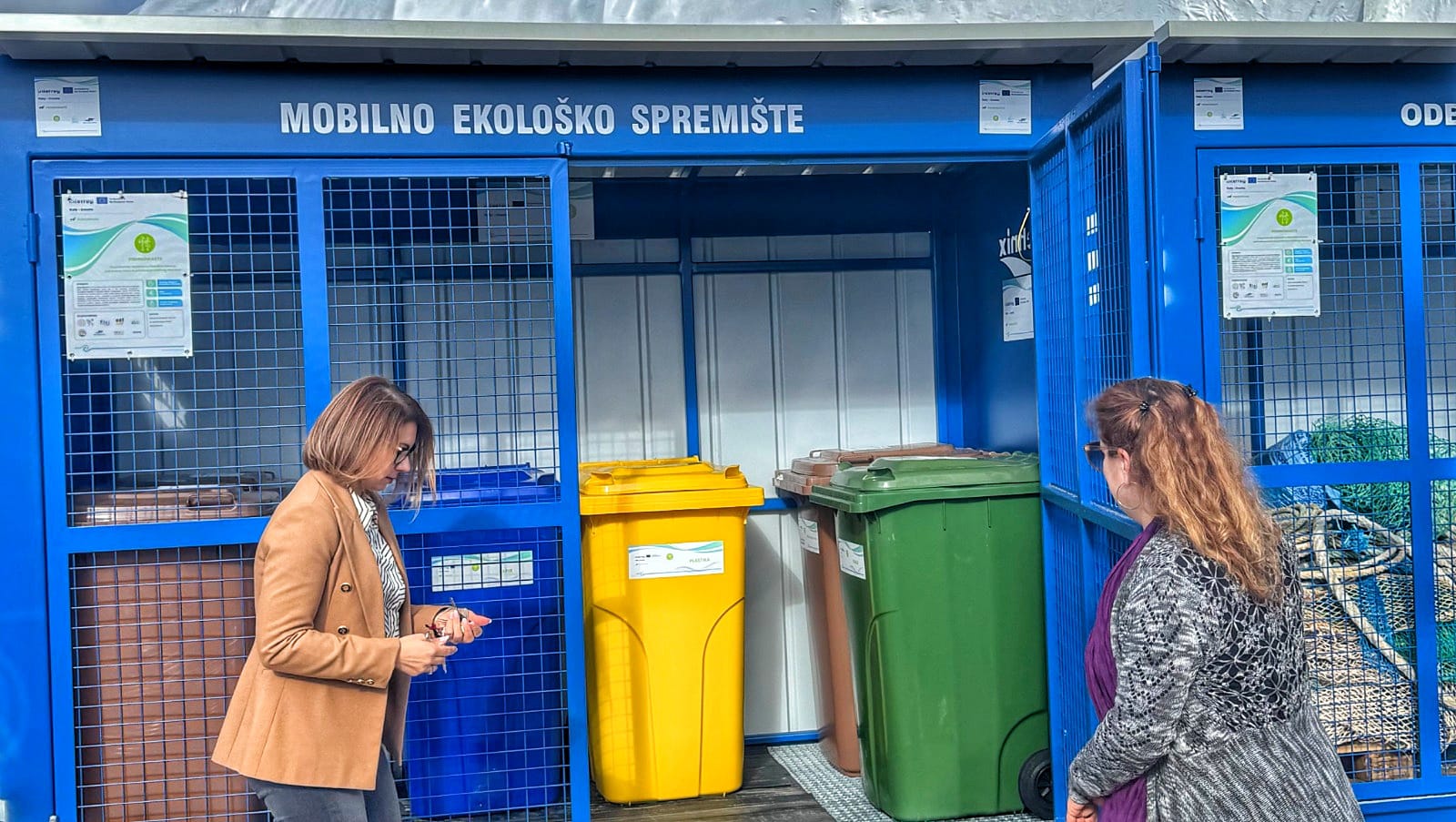Targeted workshops were held on January 22nd and 28th, 2025, in Brižine and Tribunj, where fishermen and other related stakeholders discussed environmental protection challenges and the reduction of marine litter. During these meetings, fishermen highlighted key issues they face, particularly regarding the disposal of passively caught waste. They pointed out that the waste collection and disposal system often fail to function as intended, and although legal obligations exist, there is a lack of adequate solutions in the field. In some cases, fishermen are forced to transport passively caught waste for several days because they have no appropriate place to dispose of it. Another issue is that fishermen are required to pay for the disposal of this waste, even though they are not responsible for its creation. They believe they should be allowed to dispose of passively caught waste free of charge, as they are merely intermediaries in transporting it from sea to shore. It was also noted that port authorities, which are responsible for most landing sites, must provide infrastructure for waste reception, something that has not yet been implemented in many cases.
Fishermen also raised concerns about the decreasing number of fishermen, municipal workers, and other actors involved in waste removal, while uncontrolled activities contributing to the creation of waste continue to expand on a large scale. They specifically mentioned the growth of nautical tourism and the negative impact of tourist boats, which further contribute to marine litter. In many coastal towns, waste management systems are underdeveloped, making it difficult to dispose of waste properly. In Tribunj, the situation has been somewhat resolved due to the necessary infrastructure, but similar systems are not present at other landing sites. Several concrete solutions were proposed to improve the current situation. It is crucial to build adequate infrastructure for the disposal of specific types of waste, such as styrofoam boxes, old fishing nets, plastic crates, and passively caught waste. One suggestion was to establish storage facilities for old fishing gears and organize their removal by authorized companies. Additionally, the possibility of processing and selling recycled materials as raw materials for industry was proposed, along with improvements to the waste recovery system by acquiring equipment such as compaction devices and crushing machines.
The importance of collaboration among all stakeholders, including fishermen, port authorities, local governments, and utility companies, was once again emphasized as key to the long-term solution of marine litter issues and the preservation of the Adriatic Sea.
A new cycle of workshops with fishermen will follow, with the Tribunj and Brižine fishing ports serving as pilot areas where innovative approaches to sustainable waste management, designed through the project, will be tested.
